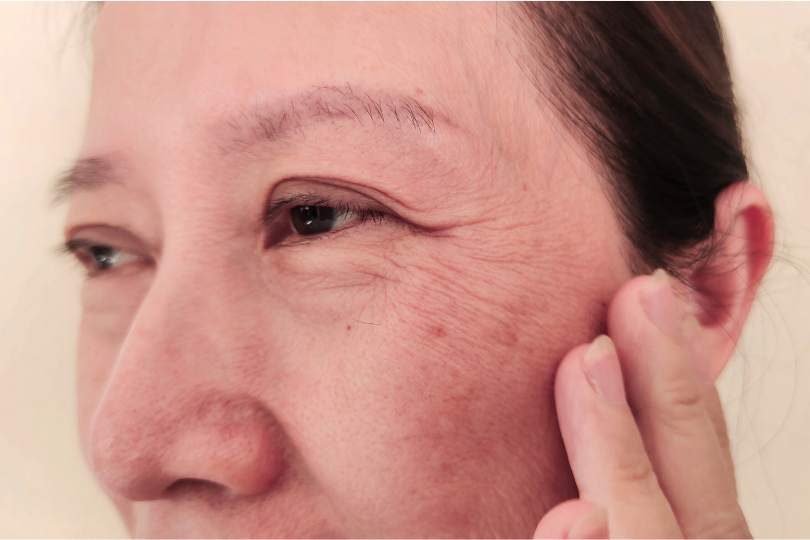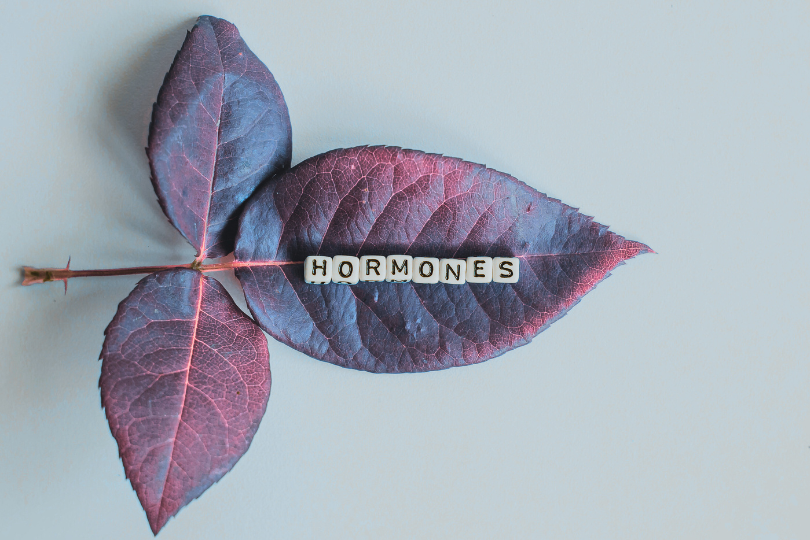If you’ve been tracking ovulation, timing intercourse perfectly, and still not getting pregnant, you’re not alone. While ovulation is a key part of conception, it’s just one piece of a complex process. Understanding how conception works can help answer questions like "how do you get pregnant?" or "when do you conceive?" and guide your next steps.
For pregnancy to occur, three key steps need to align:
If one of these steps doesn’t occur as expected, conception won’t happen during that cycle.
Ovulation creates a narrow fertile window—the five days leading up to ovulation, ovulation day itself, and occasionally the day after. This is because:
If intercourse happens outside this window, even slightly too early or too late, fertilisation is less likely.
What Can Help?
Use ovulation tracking tools like basal body temperature (BBT) charts, ovulation predictor kits (OPKs), and monitoring cervical mucus to better pinpoint your fertile window. Apps with features like a period calendar and ovulation tracker or fertile window tracker can be a useful guide. Regular intercourse every other day during this period increases the chances of conception.
Some people don’t ovulate consistently, even if they have regular-looking cycles. Conditions like Polycystic Ovary Syndrome (PCOS), thyroid imbalances, or stress can disrupt ovulation.
What Can Help?
Even with perfect timing, the quality of the egg or sperm is critical for conception.
What Can Help?
After fertilisation, the embryo must implant in the uterine lining to establish a pregnancy. If the lining is too thin, unhealthy, or there are structural problems in the uterus, implantation may be more difficult.
What Can Help?
Ultrasound scans can check the thickness of your uterine lining and identify any issues like fibroids or polyps. Your doctor can then recommend tailored solutions to improve implantation success.
Testing can provide valuable insights into your reproductive health. Key tests include:
These tests help pinpoint any barriers to conception and guide the next steps. To get started, you can book a couple's fertility screening or in-depth reproductive health screening for women easily with Taylor.
If testing reveals challenges, approaches like ovulation tracking and addressing nutritional deficiencies can often be effective without moving straight to medical treatments. Women with PCOS in particular can benefit from medical and dietary guidance to induce regular ovulation and provide necessary support post-ovulation (for example, Taylor's Conceiving with PCOS programme).
If ovulation is confirmed, ensure you’re timing intercourse correctly. Aim for sex every other day during the fertile window to give sperm the best chance of meeting the egg.
If natural methods and lifestyle changes aren’t enough, your doctor may suggest treatments like ovulation tracking paired with timed intercourse or intrauterine insemination (IUI). These approaches can further optimise timing and sperm delivery to improve your chances.
Conception often takes time, even when everything seems to be working well. If you’re feeling unsure, fertility testing is a great place to start—it provides clarity and allows you to take informed steps towards building your family. With the right support and guidance, solutions are within reach, and you’re not alone on this journey.



If your routine suddenly feels out of step, it’s not your products, it’s your hormones. As estrogen begins to fall, the signals that keep skin strong and hydrated weaken. Dryness, breakouts, pigmentation, and slower healing start to appear, even with the same products you’ve always used. The good news: you can adapt. With smart everyday care (SPF, hydration, retinoids, vitamin C), lifestyle support (nutrition, sleep, stress), and medical options when needed (prescription treatments or hormone therapy), your skin can stay strong and healthy well into your 40s, 50s, and beyond.

No one talks about it, but perimenopause can hit in your 30s or 40s, and it’s not just about your period. Think brain fog, poor sleep, low libido. Here’s what to look out for and what you can do.

Many sexually transmitted infections can lie dormant for months or even years without symptoms. Understanding the facts — and getting tested together — can help you move forward with clarity and care.